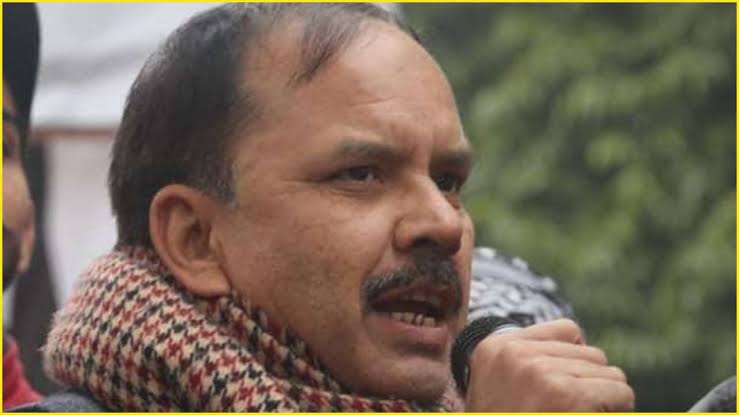
Interestingly, while the police alleged that Rehman, being President of AAJMI, had provided support to the protesters, none of the other office-bearers of the association had been made an accused. This was another argument in Rehman’s defence.
In contrast, the prosectuion appearing on behalf of the Delhi police, that falls under the Ministry of Home Affairs (MHA), opposed the bail plea argueing that the riots were meticulously planned, there was destruction of properties, disruption of essential services, use of petrol bombs, lathis, stones etc., and therefore meeting the criteria which is required under 15(1)(a)(i),(ii) and (iii) of the Act.The prosecution had added that a total of 53 people died during the riots, 142 people were Injured in first phase of riots and other 608 were injured in the second phase.
Besides it is the case of the prosecution that the 2020 sit-in protests against the Citizenship Amendment Act (CAA) 2019 and intended National Population Register (NPR) and National Register of Citizens (NRC), were carefully planned, picking strategic protest sites closer to 25 mosques. He had further argued that these sites were places with religious significance but were purposely given “secular” names to give a legitimate appearance to the allegedly communal protests.
Specifically, the prosecution had referred to a December 20, 2019 meeting which was attended by Umar Khalid with Harsh Mander, members of United Against Hate, Swatantra Nagrik Sangathan, etc. The prosecution had averred that this meeting was key in deciding the areas of protest and strategies to mitigate police clashes by keeping women at the forefront. It was also argued that the issue regarding the protests was not CAA or NRC but to embarrass the Government and to take such steps that it gets highlighted in the International media.
Repeating an argument that has been used previously against the bail of several other young activists and professionals including Umar Khalid, Gulfishan and Meeran Haider, the prosecution said that the DPSG group was a highly sensitive group wherein every small message was privately deliberated upon and then passed forward to other members. Every decision taken was conscious and well thought over, prosecution had said. The prosecution had submitted that while the case of the prosecution is not that every person who surfaces in the conspiracy has to be made an accused and that merely being silent on a group does not make one an accused, however, it was added that in case evidence is found against any person, criminal action has to follow.
The FIR contains stringent charges including Sections 13, 16, 17, 18 of the UAPA, Sections 25 and 27 of the Arms Act and Section 3 and 4 of the Prevention of Damage to Public Property Act,1984. Rehman has also been charged under various offences mentioned under the Indian Penal Code, 1860.
In September last year, the main charge sheet was filed against Pinjra Tod members and JNU students Devangana Kalita and Natasha Narwal, Jamia Millia Islamia student Asif Iqbal Tanha and student activist Gulfisha Fatima. Apart from Rehman, others who were charge-sheeted included former Congress Councilor Ishrat Jahan, Jamia Coordination Committee members Safoora Zargar, Meeran Haider, suspended AAP Councilor Tahir Hussain, activist Khalid Saifi, Shadab Ahmed, Tasleem Ahmed, Salim Malik, Mohd Salim Khan and Athar Khan.
Thereafter, a supplementary charge-sheet was filed in November against former JNU student leader Umar Khalid and JNU student Sharjeel Imam in a case related to the alleged larger conspiracy in the communal violence in northeast Delhi in February.
Advocates Abhishek Singh along with Advocate Amit Bhalla, Counsel appeared for Shifa Ur Rehman.